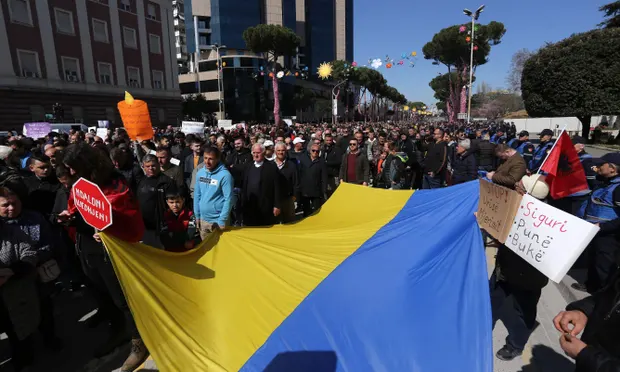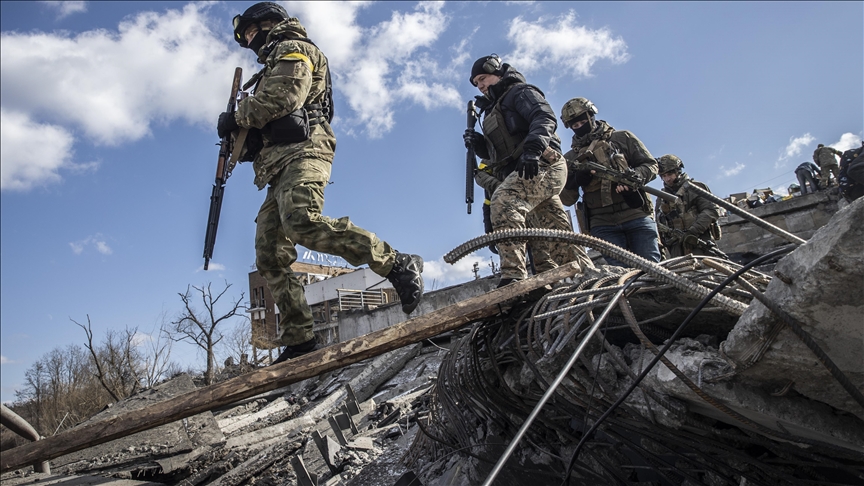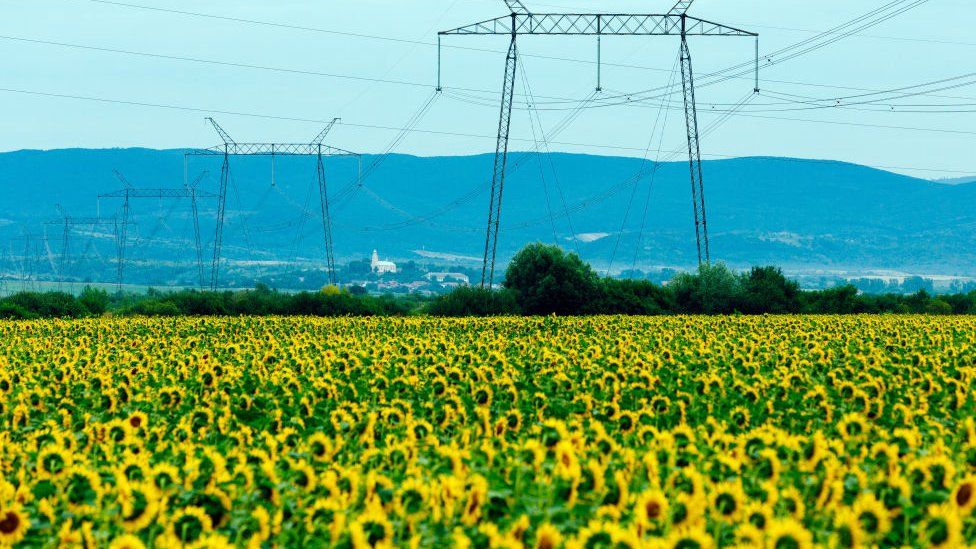The war in Ukraine will result in expensive food and energy for the next three years, the World Bank has warned, intensifying fears that the global economy is heading for a rerun of the weak growth and high inflation of the 1970s.
In a gloomy analysis, the Washington-based development organisation said there was a risk that persistently high commodity costs lasting until the end of 2024 would lead to stagflation – sluggish activity combined with strong cost of living pressures.
The Bank’s latest commodity markets outlook said that over the past two years the world had seen the biggest increase in energy prices since the 1973 oil crisis and the biggest jump in food and fertiliser prices since 2008. While the costs of energy and food were likely to retreat from their current levels, they were forecast still to be above the average for the past five years at the end of 2024.
As a result of trade and production disruptions caused by the Russian invasion of Ukraine, the Bank is forecasting a 50% rise in energy prices this year. It expects the price of Brent crude oil to average $100 a barrel in 2022, its highest level since 2013 and an increase of more than 40% compared with 2021. Prices are expected to fall back to $92 in 2023 but will remain well above the five-year average of $60 a barrel.
Sign up to the daily Business Today email or follow Guardian Business on Twitter at @BusinessDesk
European gas prices are expected to be twice as high in 2022 as they were in 2021, while coal prices are expected to be 80% higher. The Bank expects wheat prices to increase more than 40% this year, putting pressure on developing economies that rely on wheat imports from Russia and Ukraine.
Indermit Gill, a World Bank vice-president, said: “Overall, this amounts to the largest commodity shock we’ve experienced since the 1970s. As was the case then, the shock is being aggravated by a surge in restrictions in trade of food, fuel and fertilisers.
“These developments have started to raise the spectre of stagflation. Policymakers should take every opportunity to increase economic growth at home and avoid actions that will bring harm to the global economy.”
… we have a small favour to ask. Millions are turning to the Guardian for open, independent, quality news every day, and readers in 180 countries around the world now support us financially.
We believe everyone deserves access to information that’s grounded in science and truth, and analysis rooted in authority and integrity. That’s why we made a different choice: to keep our reporting open for all readers, regardless of where they live or what they can afford to pay. This means more people can be better informed, united, and inspired to take meaningful action.
In these perilous times, a truth-seeking global news organisation like the Guardian is essential. We have no shareholders or billionaire owner, meaning our journalism is free from commercial and political influence – this makes us different. When it’s never been more important, our independence allows us to fearlessly investigate, challenge and expose those in power. Support the Guardian from as



